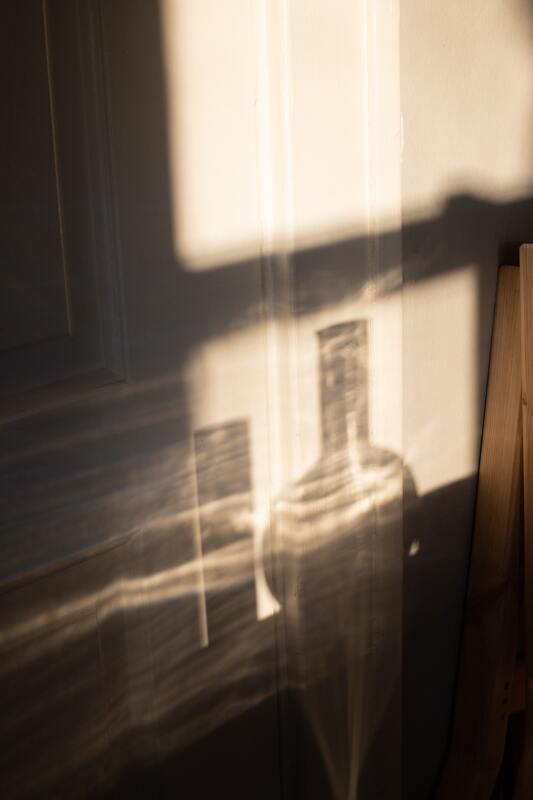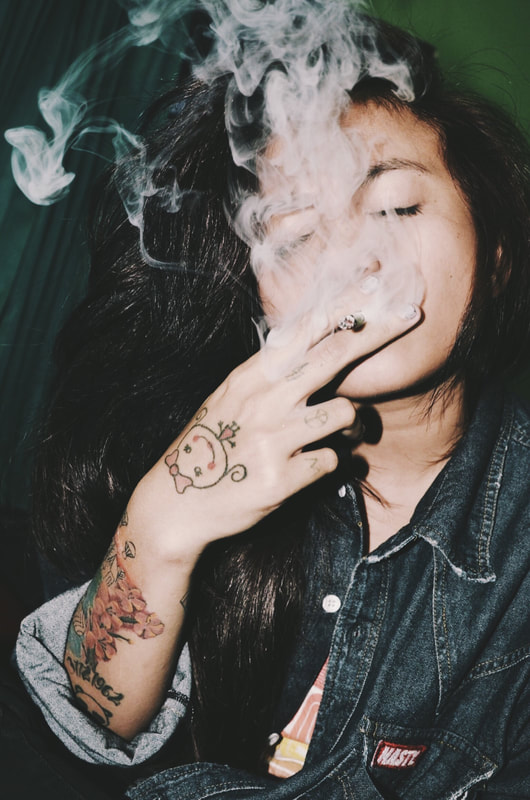|
What is “cancel culture”? As an anthropologist, anything relating to culture intrigues me. Although, arguably, everything humans do is cultural, and all culture is human culture. In black and white Cancel culture caught my attention because it wasn’t something I fully understood. From the outside looking in, it seems to be a form of ostracism and public shaming: silencing someone or something not considered socially acceptable or agreeable. My understanding is that there’s a trigger event or trend towards a turning point that sparks outrage and visible disapproval of a public figure (a person, brand, or the like) that’s held accountable for their actions. This then leads to a number of people exerting social pressure on others in order to encourage them to withdraw their support, too. The hashtag #isoverparty has become synonymous with cancel culture. Some argue that a person should be split from their actions — an artist is separate from their art — and, therefore, support for their work shouldn’t be impacted by what they do in their personal capacity as a human being. Grey matter This brings me to the notion of “splitting”. This is a term often associated with psychological diagnoses in which individuals place people on either extreme of a spectrum; they are either idealised and idolised or devalued and shunned. Psychologists recognise that splitting is a protective mechanism that particular individuals develop in response to previous abusive, harmful or traumatic experiences. There’s so much behind call-out and cancel culture that it can’t be simplified into ‘good or bad’ categories. Social systems and human behaviours aren’t mathematical; it’s not an equation that’s categorically right or wrong. Rainbow nation Trevor Noah, comedian and The Daily Show host, has been vocal about cancel culture, calling for counselling, not cancelling, and allowing for sincere apology (coupled with an attempt to right any wrongs) to result in absolution. I’m reminded by something the late great Maya Angelou said: “Do the best you can until you know better. Then when you know better, do better.” What will you do differently today to honour and respect the dignity of others? How might you align yourself with brands, businesses, and behaviours that uphold an honourable and humane set of values and ethics? Originally published on Marklives
0 Comments
Leave a Reply. |
MARGUERITE COETZEE
ANTHROPOLOGIST | ARTIST | FUTURIST CATEGORIES
All
|



 RSS Feed
RSS Feed
